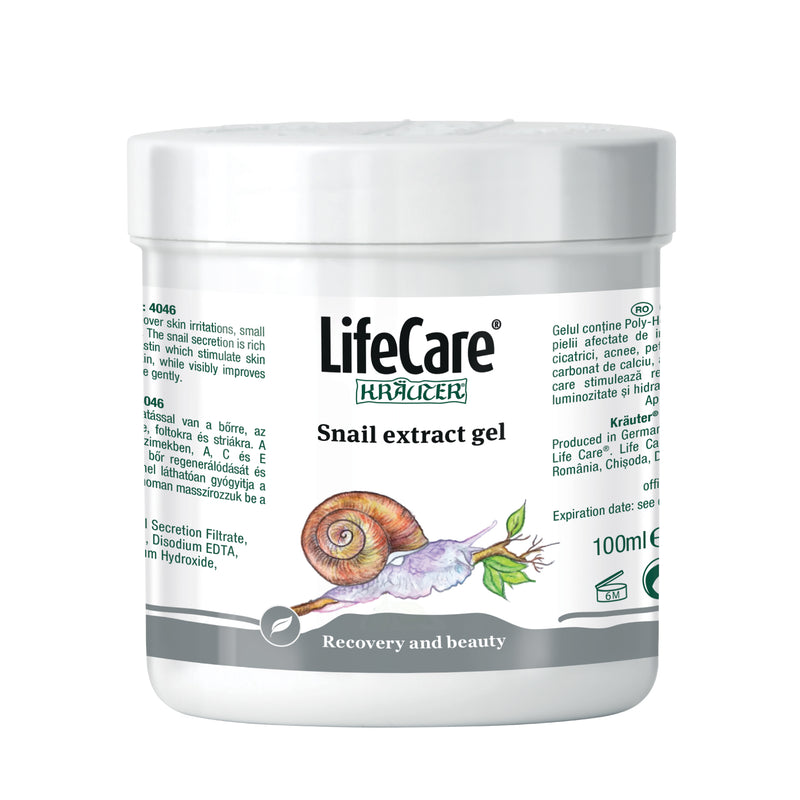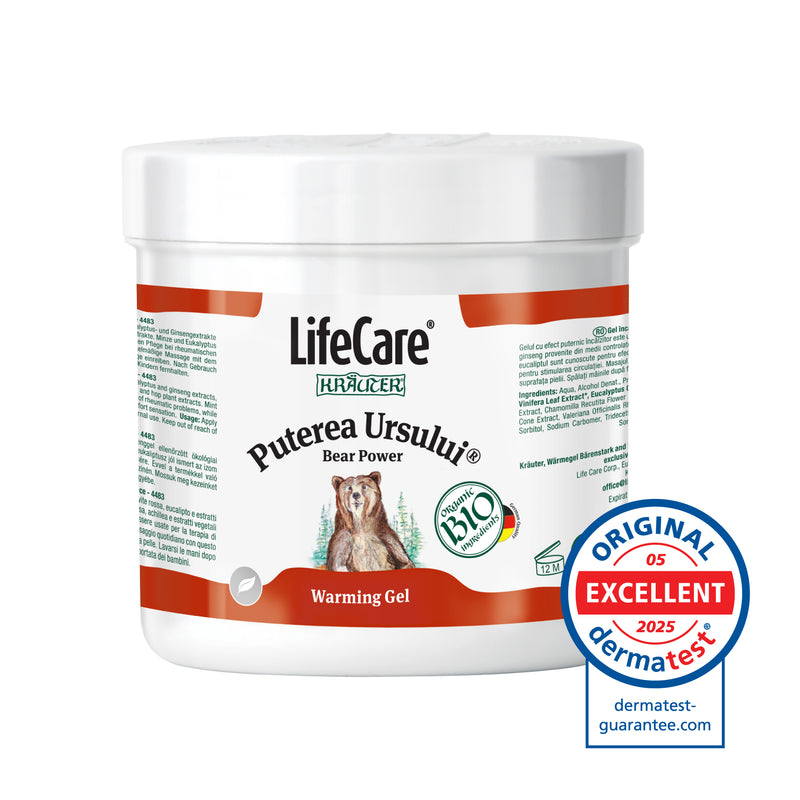Women give birth to children always, from the beginning of humanity to now. Nothing new under the sun! The status of women in today's society, however, placing it between the "traditional" and emancipation role, requires it in a completely different way than in the past centuries.
In a capitalized world, the alternative of the pregnant woman and then of the mother's mother to stay home with her child is a luxury.
The activities initiated by women in the socio-professional plane have become increasingly diverse and demanding and, as such, the pregnancy and the lizard are truly special moments, in which the woman needs support and care from those close to her.
Of the sanogenetic factors that influence the health of the pregnant woman, nutrition is the most important. The completeness of the essential nutrients is a necessary condition for a healthy pregnancy with physiological evolution, completed with a normal birth and a healthy newborn.
The feeding of the pregnant woman is dictated by real needs, which have been quantified by the specialists in the field, both qualitatively and quantitatively, so that the nutrients needed for both the future mother and the fetus are insured.
Important changes in the necessary calorie and nutrient needs are certainly, without having to "eat as much as two". The most important factor we can control and act on the growth and development of the fetus is the mother's nutrition.
What are nutritional needs throughout pregnancy?
Immediately after the moment of conception, changes appear that prepare the uterus for nidation and the formation of the placenta, followed by specific hormonal changes that prepare the mammary glands for lactation.
All physiological landmarks change from the body of the woman outside pregnancy. In the third quarter, for example, lipid metabolism is very changed, increasing triglycerides, total cholesterol, HDL and LDL.
Among the most important changes is the increase in blood volume by 20%, and the plasma by 50%.
There is a phenomenon of hemodilization with decreased concentration of most circulating minerals and vitamins, as well as renal changes with increased glomerular filtration rate (50-60%).
Circulator, the cardiac contraction force and the volume of expelled blood increase (by 30-50%), the heart rate increases (by 16% or 6 beats/min.), And the blood pressure decreases by about 30% in the first half of the pregnancy, and in the second it returns physiologically to previous values or increases.
At the pulmonary level, ventilation (by 30-40%) increases in parallel with oxygen consumption (by 10%).
The appetite changes, the taste and smell changes appear, and the basal metabolism intensifies in the second part of the pregnancy. Gastrointestinal changes should not be lost, involving the increase in transit.
Many pregnant women have nausea (70%) and have vomiting (40%) in the first trimester of pregnancy (first quarter dysgravidia). It is also found pyrosis and, often, especially in the second part of pregnancy, constipation.
The deficiencies and decrease of the intake of nutrients under a certain limit causes the fetal development and growth to be compromised to a much greater extent than the mother's health.
This is possible because, first the needs of the mother are satisfied, then the placenta development is ensured and at the end only the nutrients become available for the fetus.
There are enough cases with signs showing a mineral-vitamin deficiency in the newborn, even if the mother did not present any symptoms during pregnancy.
The macroergic nutrients required for the pregnant woman must be provided in appropriate percentages. Complex of minerals and vitamins, for pregnant women, Life Care® meets this objective through an optimal amount of each bioement.
Folic acid (vitamin B9), necessary to exist in a sufficient quantity even before conception, is a pardon for the prevention of myelodisplasia usually called Spina Bifida, a condition that affects the development of the spine and spinal cord.
Another extremely important vitamin during pregnancy is vitamin D. Its insurance is done by food intake (about 200-600 IU/day) and by proper exposure to the sun.
Regarding vitamin D it is calcium, with an increased requirement especially in the last trimester of pregnancy, when the mineralization of fetal bones is intense.
Unsubulted, the necessary calcium often has as a source the minerals in the mother's bone tissue, although it can be regained after pregnancy, if the intake of calcium and vitamin D is sufficient.
Also, during pregnancy, the iron requirement is much increased. The directions in which iron is used are: 300 mg for fetus + placenta, 250 mg lost by bleeding, 450 mg for growing erythrocyte mass.
More than 12% of women fall into pregnancy with iron deficiency and low reserves, presenting risk of feripriva anemia during pregnancy. Additional correction represents the best solution in such situations.
Iodine (in the form of potassium iodide) is another necessary mineral element in the appropriate quantity, being used both in the functioning of fetal and maternal thyroid and in the development of the fetal brain.
Deficiency leads to fetal hypothyroidism and cretinism. In areas with iodine deficiency it is necessary to supplement in the first part of pregnancy.
Also, through adequate content of vitamin E and complex B vitamins, the complex product of minerals and vitamins, for pregnant women, Life CARE® ensures the good development of the muscular, osteo-articular, hormonal, immune and nervous system, while supporting the body of the future mother.
The water intake is very important. As a rule, the pregnant woman consumes more water than in the usual conditions. The water can be enriched with 15-20 drops of Super Water® stabilized oxygen molecules, which could cover the child's oxygen need.
The protein intake should be about 125 g/day for mothers over 18 years old. Particular attention should be paid to proteins in the vegan diet model, with the help of the Vegan smoothie, Life Care®, which provides good quality vegetable proteins, the protein ration must be about 30% higher than in omnivorous people.
Lipids would be good to cover about 33% of daily ingested calories, from sources rich in liposoluble vitamins and essential fatty acids.
Essential fatty acids can be a sensitive point in women during pregnancy, especially when we refer to Omega-3 fatty acids with long chain, EPA and DHA, with a positive influence on fetal development, endogenous synthesis being modest in pregnancy (about 9% for EPA).
For this reason, the pregnant woman should consume rich foods (ocean fish) or dietary supplements.

Article written by Adina Cîrjan - therapist biofeedback & healthy lifestyle trainer





